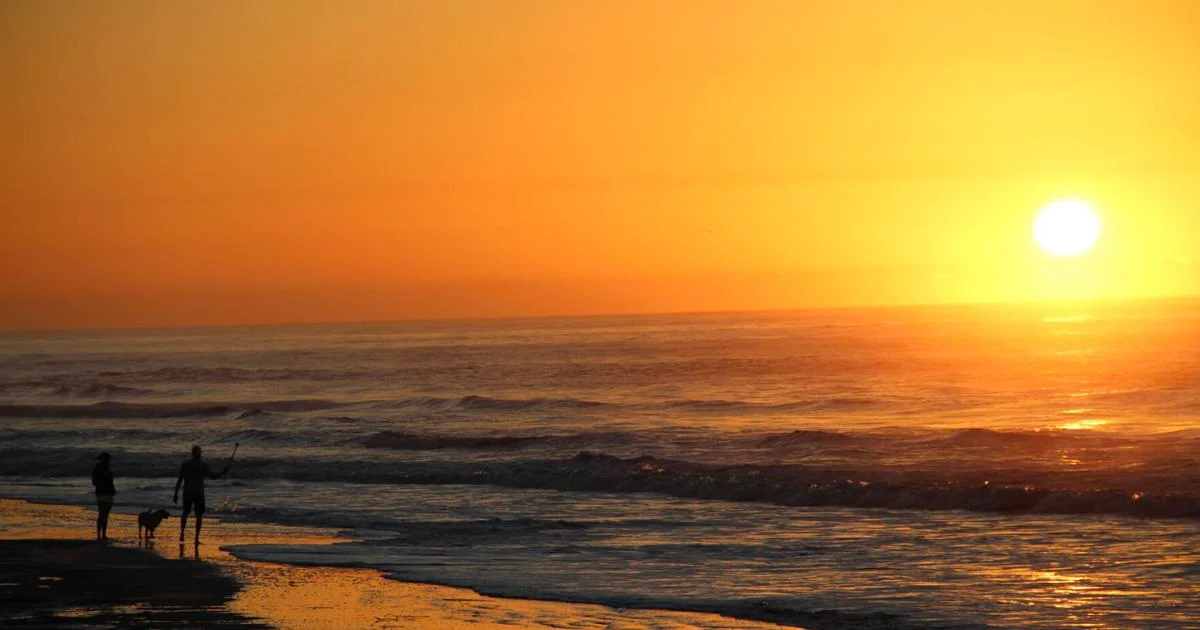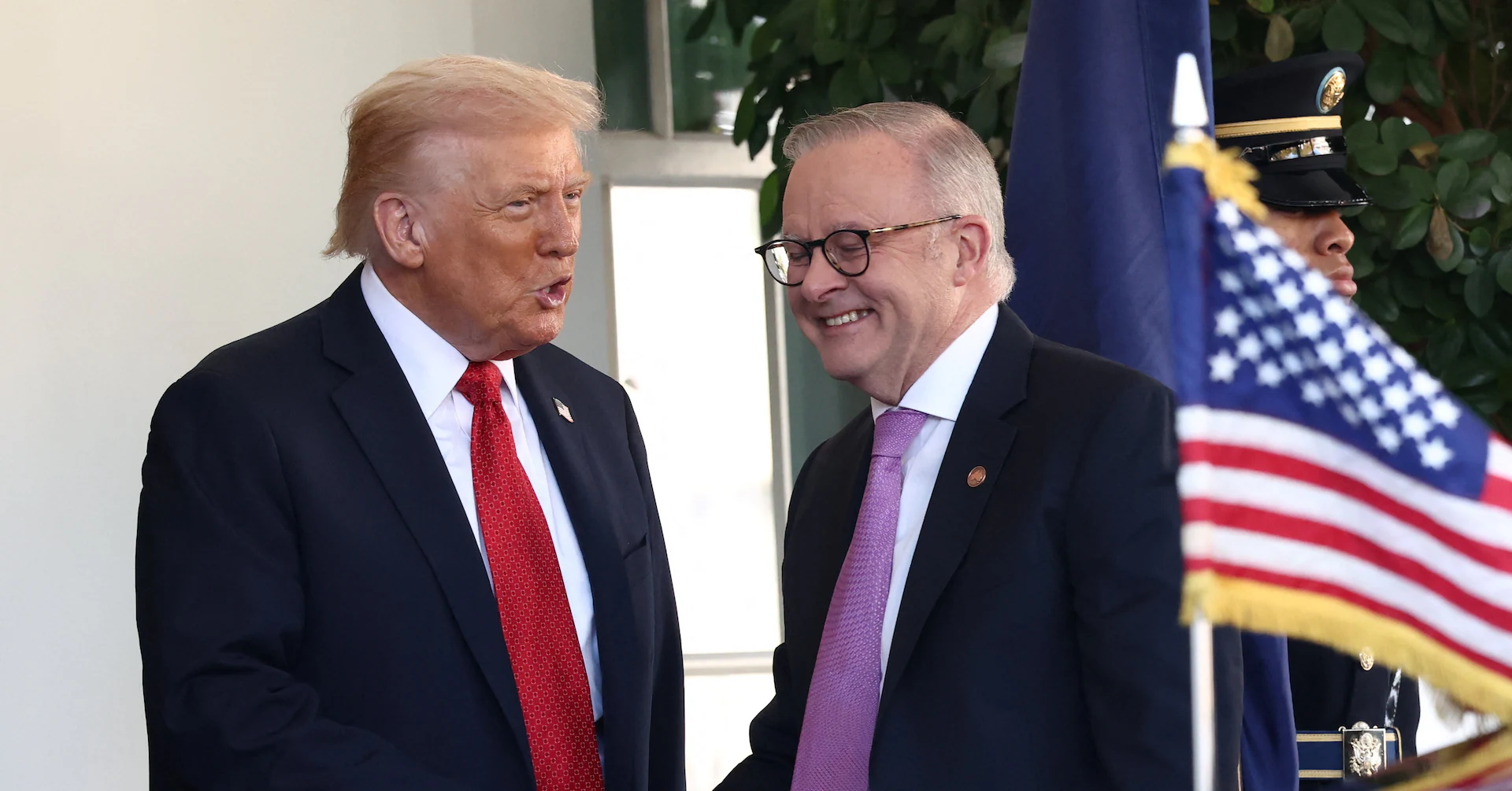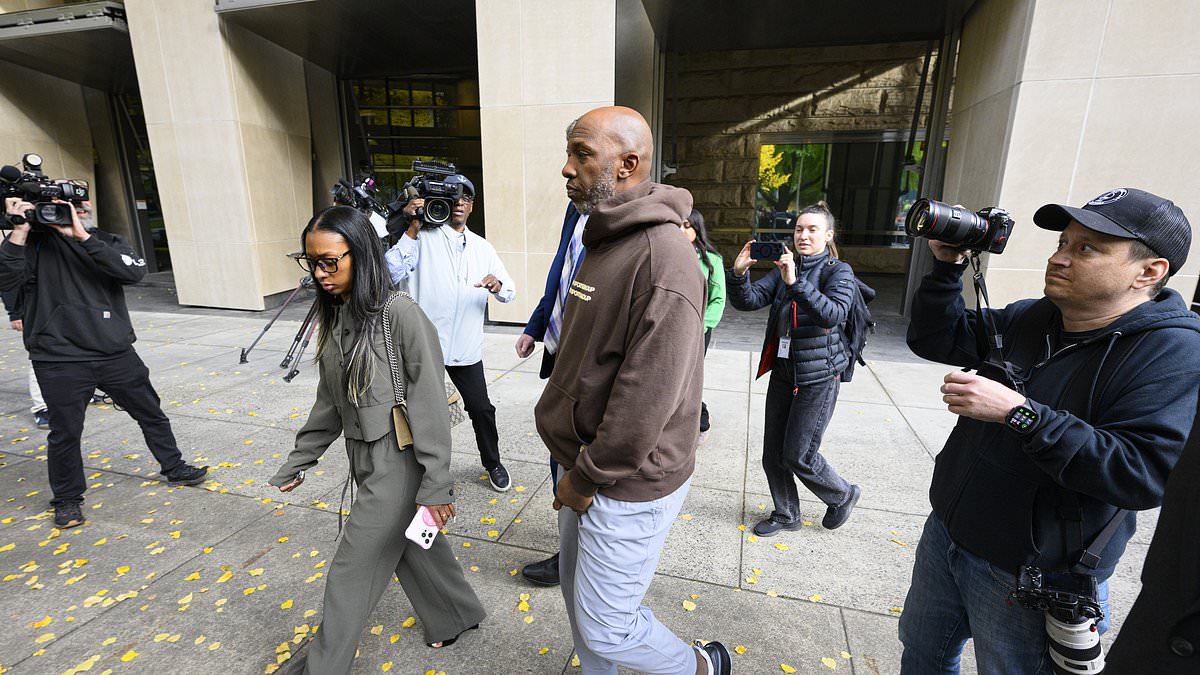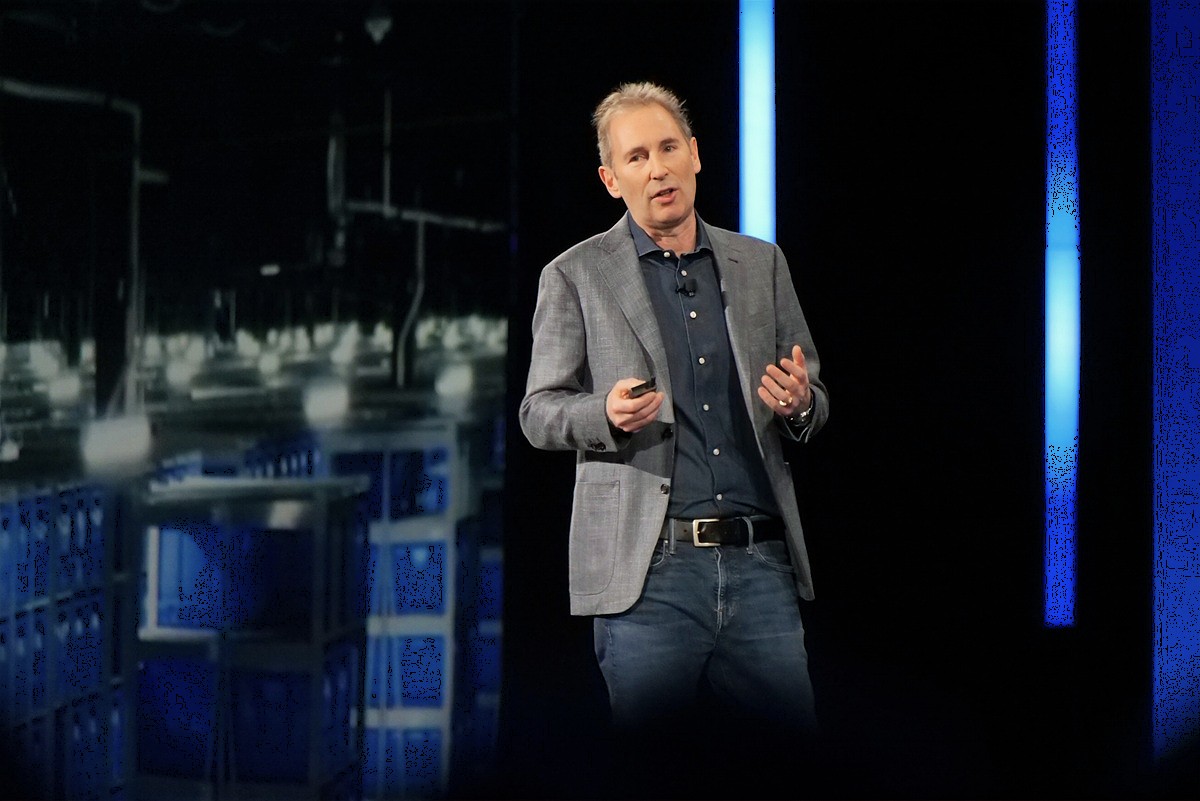Copyright Charleston Post and Courier

Cue the grumbling. The final hours of Daylight Saving Time are upon us, meaning most Americans will soon be fiddling with the buttons and knobs on their microwaves and car stereos, trying to remember how to reset digital clocks. At 2 a.m. Nov. 2, just after the sugar rush of Halloween wears off, most Americans will “fall back” and reverse the clocks an hour to keep up with a tradition that’s been in place across most of the United States since 1966. While many will spend, and savor, their extra hour sleeping, night owls and late night revelers can spend an extra hour on the town. Chris "Boston" DiMattia, owner of Recovery Room Tavern on King Street in downtown Charleston, said he turns the clocks back to midnight at 1 a.m. “(We) stay open the extra hour” — it’s a fun tradition, he said. “Last year, an officer with the city of Charleston tried to shut a few bars down early,” he said. “This year, we confirmed with the city that it would go back the way it’s always been and (we could) plan on staying open to celebrate the hour extra holiday.” Throughout Charleston, all bars with a Late Night Establishment Ordinance get an extra hour of business the night of Nov. 1 into Nov. 2, said Keith Benjamin, who is co-owner of Uptown Social and other bars in the area. “It’s always exciting for people to get the extra hour during Daylight Saving Time,” added Zach Dennis, owner of King Street Hideout in downtown Charleston. “I think it reminds people of getting a late bedtime as a kid.” In one Columbia bar, however, times are changing. Literally and figuratively. Art Bar co-owner Andy Rodgers said his Vista establishment uses the time change to stay open an extra hour after asking SLED about the “legality” of it years ago. He said people used to be more excited to take advantage of the time change in the past, but that hasn’t been the case recently. “In the last several years, I mean, people are leaving at the first 2 a.m.,” Rodgers said. “They're already leaving and then by the time the second 2 a.m. rolls around, then we're pretty emptied out anyway.” But Rodgers said his bartenders are usually able to do some pre-closing tasks like cleaning and counting tips, so they never mind customers sticking around. Marty Dreesen, the owner of Bar None in Columbia’s Five Points, said he also uses the opportunity to stay open another hour. Since the late-night bar opened in 1994, it was open "until late," or about 4 a.m., but announced in January that it would close at 2 a.m., citing rising liquor liability insurance rates. While it has been a while since Dreesen has been at the bar that late, he thinks it is worth using the extra hour. Some customers enjoy the chance to stay later. But at that time of night, it probably doesn't matter a whole lot, Dreesen said. Will clock changes ever go away? However you use the extra hour, the tradition will continue this year despite more people questioning if Daylight Saving Time is still a worthwhile measure. It originally was intended to reduce energy consumption by making better use of daylight during the longer summer days. Today, advances in technology, particularly lighting and climate control, have drastically reduced the benefits. U.S. Sen. Ted Cruz, R-Texas, chairman of the Senate Commerce Committee, held a hearing in April following comments from President Donald Trump that he would support eliminating Daylight Saving Time. The discussion — titled “If I Could Turn Back Time: Should We Lock the Clock?” — was meant to examine various issues around whether the country should continue springing forward and falling back each year. "For many Americans, the biannual ritual is a major inconvenience, something we endure without giving it much thought,” Cruz said. But upon closer inspection, the switch has widespread implications on health and the economy. The bill has stalled since that committee hearing, even as several stakeholders — including Jay Karen, CEO of Charleston-based National Golf Course Owners Association — convened to discuss the biannual time change and its impact on various industries. “Permanent daylight saving time would add 23 million rounds to our inventory,” Karen told The Post and Courier last week. “If we were to make standard time permanent, the actual contraction in our economy would be about 37 million rounds of golf.” In monetary value, that's a $1.6 billion loss if standard time becomes permanent or a $1 billion gain if DST does. The estimate only accounts for green fees on public courses, though, according to Karen. Locking the clock doesn't change how much daylight South Carolina or other states have, "just where it shows up on the clock for golf,” Karen said, adding the conversation is just as much about tennis and baseball, biking and walking. Arizona does not observe daylight saving time, except for the Navajo Nation. The U.S. briefly tried permanent daylight saving time in 1974, but it was reversed. Proposed bills since have gone nowhere.



